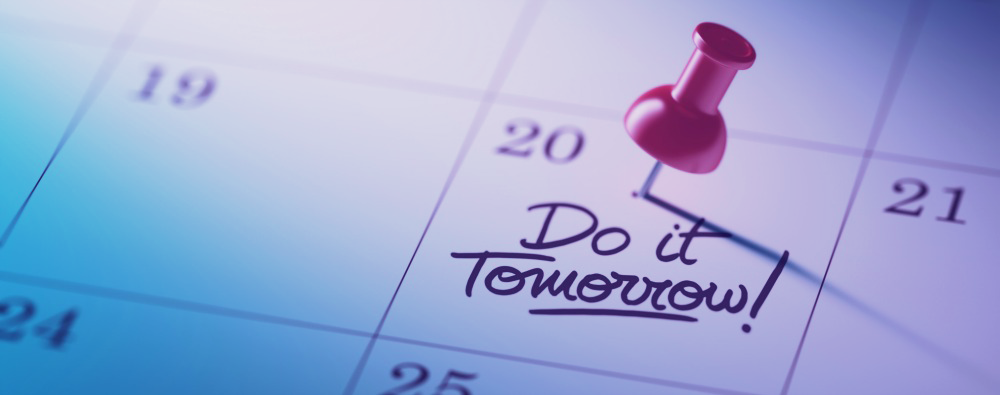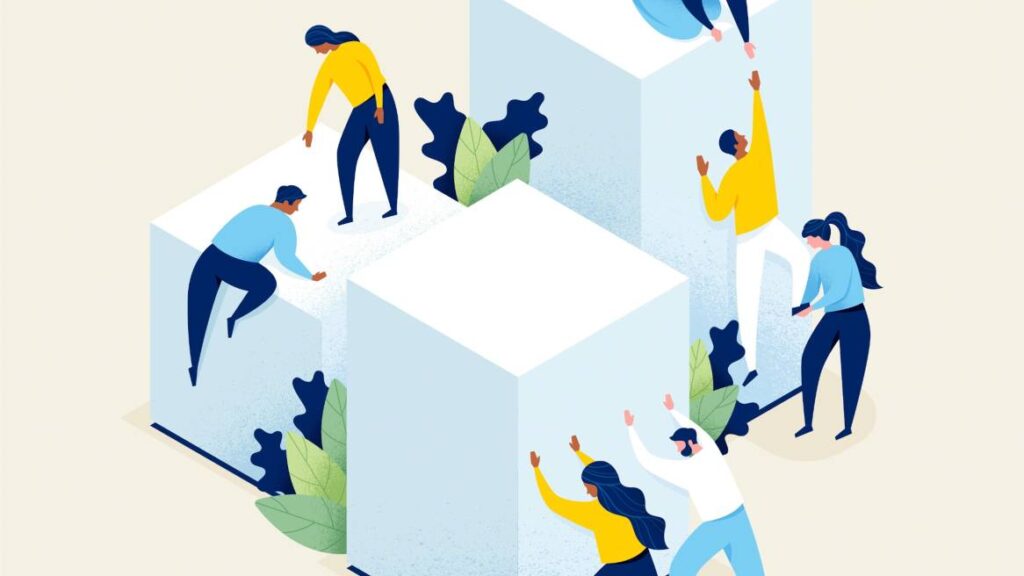As you might have guessed, pre-crastination is the opposite of procrastination. Procrastinators put things off. Pre-crastinators do things too quickly. Let’s start with your own diagnosis. Take a short test:
- If you get an e-mail about a major problem, do you reply within the hour or do you wait until you’ve thought it through?
- Do you pay your bills early or at the last possible moment?
- Have you ever bought more than one Christmas or holiday gift before Thanksgiving?
- When you’re given a major assignment, do you start on it right away or wait?
If you found yourself choosing two or more of the quick acting choices, you may be a pre-crastinator.
The Research
Pre-crastination is a term that comes from a study published by David Rosenbaum, Lanyun Gong, and Cory Adam Potts at Penn State in Psychological Science. Through some ingenious experiments they found that both humans and animals show a tendency to perform tasks even before it would be advantageous for them to do so. They discovered that certain tasks tend to give our brains food pellets of pleasure as we check them off the list. The problem is this habit is not necessarily good in all situations. For example, waiting to reply to an e-mail until we have more information may help us avoid causing more problems. Paying bills later allows us to benefit from accruing more interest on savings. And, waiting until after Thanksgiving to purchase gifts may give us an opportunity to see if someone’s interest in the gift continues. The real benefits of waiting, however, appear to be enhanced when we are working on projects that require creativity, innovation or unique approaches. Some of the most creative people have been deemed procrastinators – Steve Jobs, Leonardo Di Vinci, and Bill Clinton. However, they deem themselves “thinkers” and not procrastinators, and the research shows their ability to postpone a task may be why they’re so creative. Postponing a creative task helps us avoid many of our cognitive biases. Most of our cognitive biases (making poor/faulty assumptions in our analysis) are based on the automatic/quick parts of our brains. We battle that by giving ourselves more time to step over the obvious answers and spend time looking for the less obvious. As the Wharton Professor, Adam Grant, points out, “our first ideas . . . are usually our most conventional.”
4 Ways to Increase Creativity
Here are some tips for increasing your creativity, especially if you lean towards pre-crastination:
Like this article? Subscribe to email alerts to stay up to date with the latest industry news, products, & more!
1. Doing nothing is doing something
In our overachieving society we assume activity is better than inactivity. People brag about how many e-mails they have, how many meetings they attend, how many tasks they completed, and even how little they sleep.
For those who need creative outcomes, doing nothing for periods of time may be your best path to coming up with the next great thing.
2. Start, wait, revise, wait, edit, wait, complete
Next time you have a creative, long-term assignment, do some initial outlining of the idea and then put it aside. Let your subconscious have time to help without the conscious in play.
3. Work away from your work space
Our work spaces can limit our creativity. Take walks. Work from a coffee shop. Ride a bike. Discuss the project with your spouse over lunch. Go hiking. Try and explain your ideas to your kids.
Do things differently while you think about how to solve a problem differently. Your movement, talking through it, and engaging in new environments will open you up.
4. Get some sleep
Never underestimate the importance of a good night’s sleep. If you think you’re going to get more creative the longer you stay awake you’re wrong. Your subconscious will actually keep working on the problem, even when you are sleeping.
And, a rested brain is exponentially more creative than a tired brain.
Delay and Have Fun
Creativity is about being open and expansive, which in turn, leads to fun, which then leads to more creativity. So, take a break, have some fun, and get creative–your pre-crastinator side will thank you.
> Read the original article here (links to Inc. Magazine – 4 Ways to Avoid Pre-crastination (And Boost Your Creativity)”)




